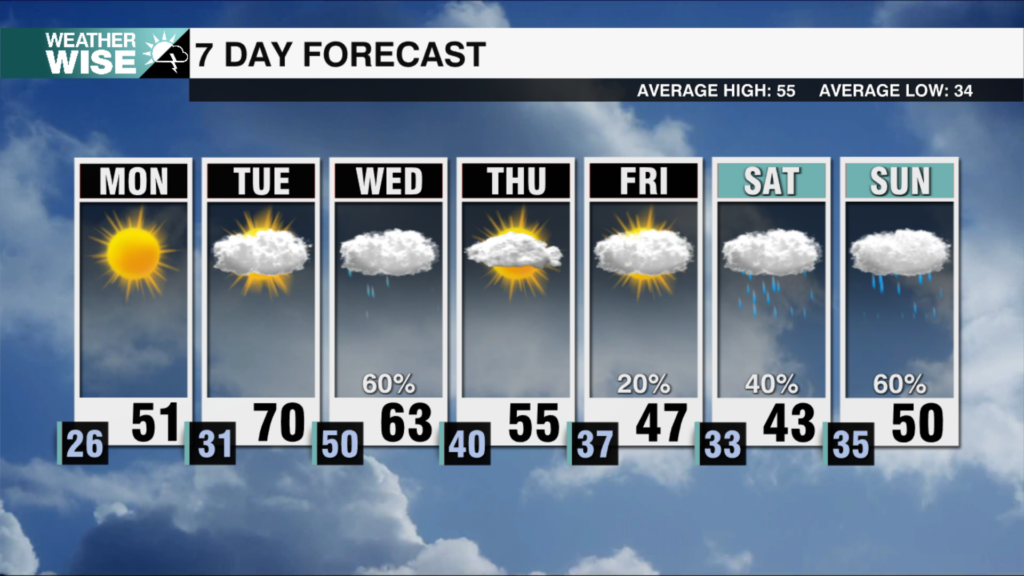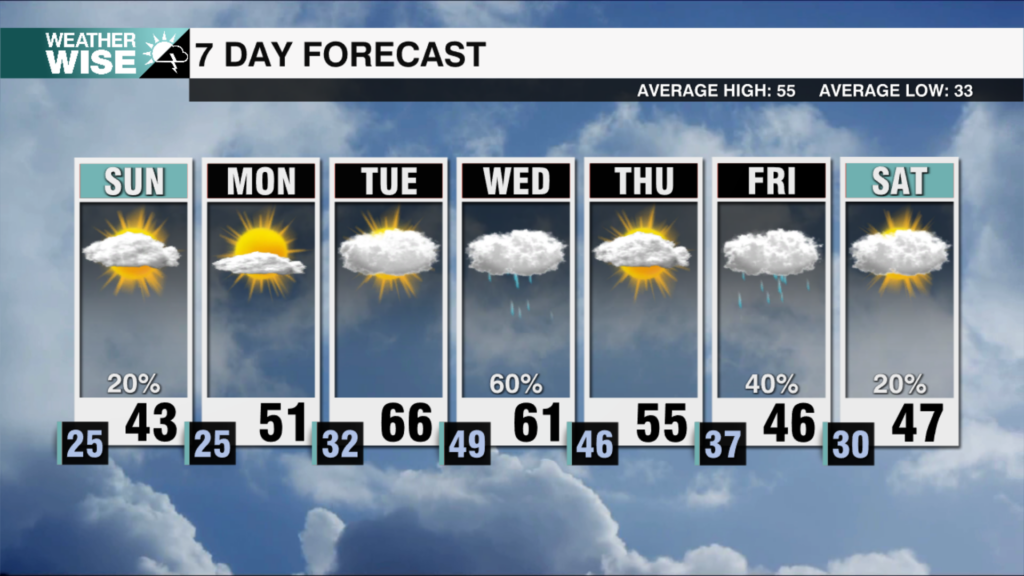CHARLOTTE, N.C. — As temperatures reach the triple-digits this week in North Carolina, the American Red Cross is offering these tips to beat the heat.
Heat Safety Tips:
- Hot cars can be deadly. Never leave children or pets in your vehicle. The inside temperature of the car can quickly reach 120 degrees.
- Stay hydrated by drinking plenty of fluids. Avoid drinks with caffeine or alcohol.
- Check on family, friends and neighbors who do not have air conditioning, who spend much of their time alone or who are more likely to be affected by the heat.
- If you don’t have air conditioning, seek relief from the heat during the warmest part of the day in places like schools, libraries, theaters, malls, etc.
- Avoid extreme temperature changes.
- Wear loose-fitting, lightweight, light-colored clothing. Avoid dark colors because they absorb the sun’s rays.
- Slow down, stay indoors and avoid strenuous exercise during the hottest part of the day.
- Postpone outdoor games and activities.
- Take frequent breaks and use a buddy system when working outdoors.
- Check on animals frequently to ensure that they are not suffering from the heat. Make sure they have plenty of cool water and shade.
Officials with the CDC say every year, high temperatures and humidity claim the lives of more than 600 people in the U.S.
Excessive heat can lead to sunburn, heat cramps, heat exhaustion and heat stroke.
Officials say if someone is experiencing heat cramps in the legs or abdomen, get them to a cooler place, have them rest, stretch lightly, and replenish their fluids with a half glass (about 4 ounces) of cool water every 15 minutes.
If someone is exhibiting signs of heat exhaustion (cool, moist, pale or flushed skin, heavy sweating, headache, nausea, dizziness, weakness and exhaustion), move them to a cooler place, remove or loosen tight clothing and spray the person with water or apply cool, wet cloths or towels to the skin.
Fan the person.
If they are conscious, give small amounts of cool water to drink. Make sure the person drinks slowly. Watch for changes in condition. If the person refuses water, vomits or begins to lose consciousness, call 911.




